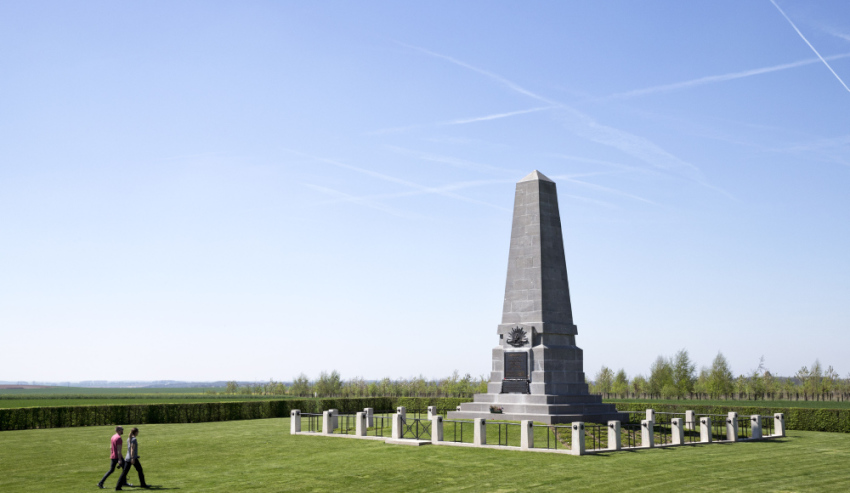A University of New South Wales (UNSW) professor has organised a symposium aimed at questioning the political motivations behind Australia's military history.
To continue reading the rest of this article, please log in.
Create free account to get unlimited news articles and more!
Professor Peter Stanley said the Why Australia Went to the Great War event, hosted by the Australian Centre for the Study of Armed Conflict and Society, will bring together five historians to discuss differing views on Australia's motivation for entering World War I.
"Most conferences in Australian military history tend to assume that wars start, and to leave the politics out," Professor Stanley said.
"This one asks why, and directly addresses the politics both in 1914 and after."
Dr Douglas Newton, who will speak at the symposium, will analyse both British and Australian decision making.
"Australia had no constitutional power to opt for neutrality. Nor was neutrality politically or emotionally possible for a nation in which so many people felt themselves to be transplanted Britons," Dr Newton said.
"Australia's government, however, did not simply respond to British invitations to send assistance – it leapt ahead of them."
Dr Greg Lockhart is also critical of Australia’s level of involvement in WWI.
"As a colony of the British Empire, we were always going to be in it once Britain was,” Dr Lockhart said.
"The serious discussion then revolves around the fact that, as a self-governing colony, Australia had the power to determine the form of the involvement.
"Would we have a modest involvement that carefully gathered and deployed the country’s modest resources? Or would we throw ourselves blindly into an imperial undertaking without any serious consideration of the costs? As it happened, we would throw ourselves blindly into the war with no regard for the costs – because of unwarranted colonial insecurities and race fears about Japan."
Professor Stanley argues Australia has a strong tradition of not criticising those who fought in war, which has turned Australia's focus to events, rather than ideas. He said the symposium could spark heated debate, however he believes it’s important to question past decisions.
"1914 was the first time Australia went to war as a nation, but not the last," Professor Stanley said.
"It is important that we understand the patterns in our history and reflect on how significant decisions might be made without realising their implications."
The symposium will be held at UNSW Canberra on Tuesday, 8 May.

 Login
Login







